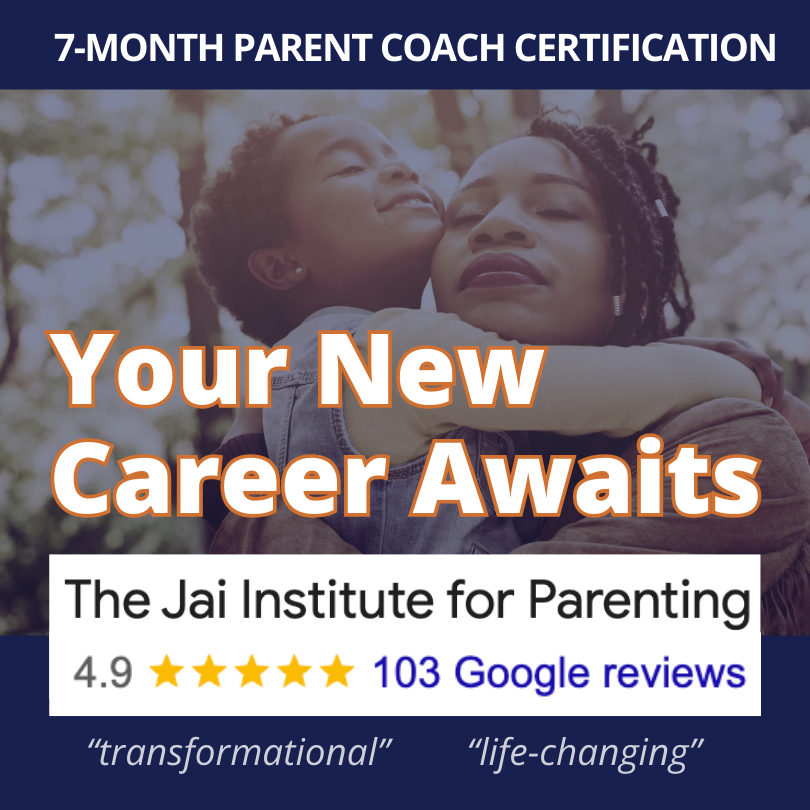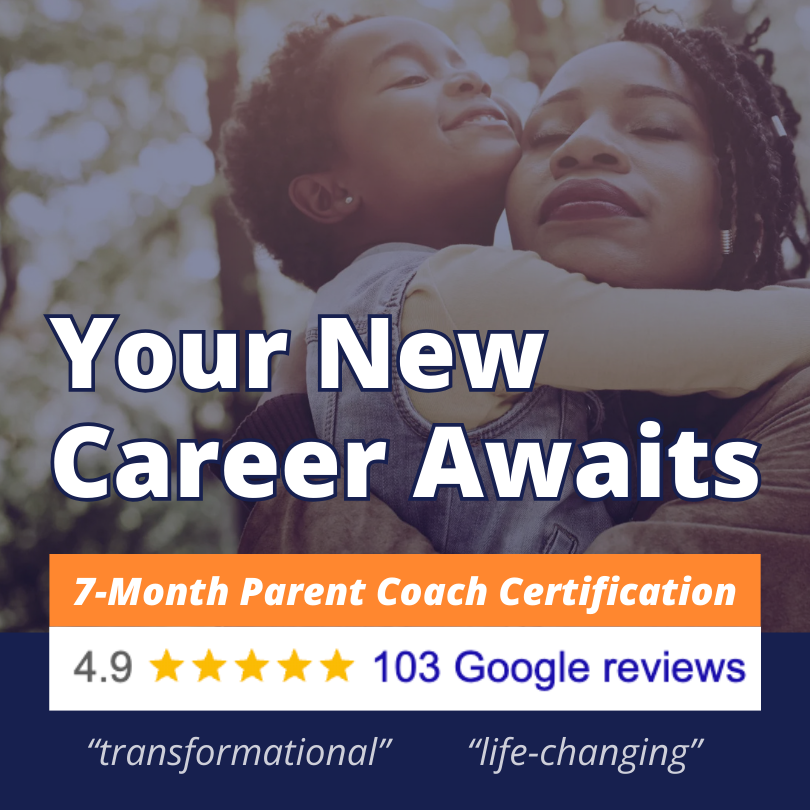Emotional Intelligence in Parenting: Find the Key to Our Children’s Success

We're witnessing a paradigm shift in our understanding of what contributes to our children's success and well-being. Historically, academic achievements and IQ scores often took center stage, but we now know they’re not the indicators of success we once believed they were.
At the heart of this revolution lies a powerful concept: Emotional Intelligence (EQ).
Far more than just a buzzword, EQ is rapidly emerging as the cornerstone of effective parenting and a crucial predictor of future success in all areas of life.
What Exactly is Emotional Intelligence?
At its core, EQ is the ability to connect with others on a deeper, more meaningful level. It's the capacity to understand and regulate your own emotions while also recognizing and influencing the emotions of those around you.
This vital skill set forms the foundation of all learning, shaping our interactions, our openness to give and receive, and our ability to maintain strong relationships, even in challenging times.
Why is Emotional Intelligence Important?
Research has consistently shown that EQ is a more accurate predictor of future success than traditional measures like IQ.
Why? Because our emotional landscape profoundly affects how we absorb information and connect with others.
Emotional Intelligence encompasses skills and abilities that shape how we navigate our inner world and our relationships with others.
At its core, Emotional Intelligence is the invisible thread that weaves through our daily interactions, influencing everything from our decision-making processes to our ability to form deep, meaningful connections with those around us.
Key Components of Emotional Intelligence
Self-awareness: This is the foundation upon which all other aspects of EQ are built. It involves the ability to recognize and understand your own emotions as they occur. Individuals with high self-awareness can accurately identify their feelings in real time, understand what triggers these emotions, and recognize how their emotions impact their thoughts and behaviors.
Self-regulation: Once we're aware of our emotions, the next step is learning to manage them effectively. Self-regulation doesn't mean suppressing emotions but rather channeling them productively and appropriately. It involves staying flexible, adapting to changing circumstances, and having the skills to soothe ourselves and maintain composure even in stressful situations.
Motivation: This aspect of EQ relates to our inner drive - the ability to set goals and persist in achieving them despite setbacks. People with high EQ often have a strong sense of purpose and an
intrinsic motivation to grow and improve. This element contributes to success at all stages of life.
Empathy:
This is the ability to understand and share the feelings of another. It goes beyond merely recognizing others' emotions; it involves truly putting yourself in someone else's shoes and seeing the world from their perspective.
Social skills: This encompasses a range of interpersonal abilities, including effective communication, conflict resolution, leadership, and the capacity to build and maintain healthy relationships, all foundational life skills for fulfillment.
What makes Emotional Intelligence so crucial is its pervasive influence on virtually every aspect of our lives.
- In the workplace, individuals with high EQ are often more effective leaders, better team players, and more adept at handling stress and change.
- In personal relationships, EQ fosters deeper connections, better communication, and more satisfying, loving interactions.
Emotional Intelligence in Parenting
For parents, helping your children develop Emotional Intelligence early on can set the stage for a lifetime of success and fulfillment.
Children with high EQ tend to have better academic performance, stronger friendships, and
improved mental health. They're often more resilient in the face of challenges and better equipped to navigate the complexities of social interactions.
It's important to note that unlike IQ, which is relatively stable throughout life, Emotional Intelligence can be developed and improved over time. This malleability is what makes EQ such a powerful tool for personal growth and parenting.
The Empowered Parenting Model is a revolutionary approach that nurtures high Emotional Intelligence in children. This model encourages children to tap into their internal motivation, guided not only by their parents but also by their own sense of right and wrong and their innate desire for happiness.
Instead of relying on external pressures or fear-based tactics, Empowered Parenting fosters self-actualization in children. They learn to trust their ability to create happiness, listen to their highest self, and act with integrity in the world.
As parents, our role in this process is crucial. By
modeling high Emotional Intelligence ourselves and holding our children to their highest potential, we inspire them to do the same. This approach creates a positive feedback loop, where children strive to reach their full potential not out of obligation but out of a genuine desire for self-improvement and happiness.
In the context of Empowered Parenting, nurturing Emotional Intelligence involves creating an environment where children feel safe expressing their emotions, learning to identify and articulate their feelings, and developing strategies for managing those emotions effectively.
It means modeling emotional awareness and regulation ourselves, engaging in open and
honest conversations about feelings, and providing guidance on how to navigate complex social situations.
Empowered Parenting deepens the connection between parent and child, fostering trust and partnership. Conflicts transform into opportunities for teamwork and problem-solving. The love within the family is amplified, while the
reliance on fear and control melts away.
Perhaps most importantly, it sets the stage for the next generation to embrace
Empowered Parenting as their foundational model, creating a ripple effect of positive change.
By fostering Emotional Intelligence in our children, we're not just helping them succeed in school or their future careers – we're equipping them with the tools to lead rich, fulfilling lives. We're teaching them how to form deep, meaningful relationships, how to bounce back from adversity, and how to find joy and purpose in their daily experiences.
Emotional Intelligence is about connecting - with ourselves, with others, and with the world around us. It's about understanding the powerful role emotions play in our lives and learning to harness that power for positive growth and change.
As we continue to recognize the importance of EQ in our increasingly complex and interconnected world, nurturing these skills in ourselves and our children becomes not just beneficial but essential.
Emotional Intelligence Training
For those interested in diving deeper into this transformative approach, The Jai Institute for Parenting offers comprehensive support and training. Our program not only enhances your parenting skills but also opens up exciting career opportunities.
Imagine having the flexibility to build a business around helping other parents nurture Emotional Intelligence in their children –
a fulfilling career path that aligns with your family's needs and values.
The Jai Institute's training goes beyond theory, providing practical tools and strategies to implement Empowered Parenting in your daily life.
Whether through The Jai Institute for Parenting training or through conscious effort in your daily interactions, cultivating Emotional Intelligence is a journey well worth embarking on. It's a path that leads to more harmonious relationships, more effective leadership, and, ultimately, to a more empathetic and understanding world.
Ready to Transform Lives and Build a Rewarding Career?
Explore our FREE 45-minute Information Session on becoming an Empowered Parenting Coach! Learn about Jai's proven Scientific Methodology and discover how you can help families thrive while enjoying a flexible, abundant lifestyle business. In this eye-opening session, you'll explore our decade-tested Parent Coach Certification Program, uncover exciting business possibilities, and gain insights into our science-based parent coaching techniques.
Whether you're looking to enhance your own parenting skills or launch a fulfilling new career, this is your chance to make a real difference. Start your journey towards becoming a confident, competent parenting coach today.
Register now and take the first step towards a career that offers freedom, financial success, and the power to create lasting family harmony. Your future in
parenting coaching begins here!
READ MORE:
Curious for more?













